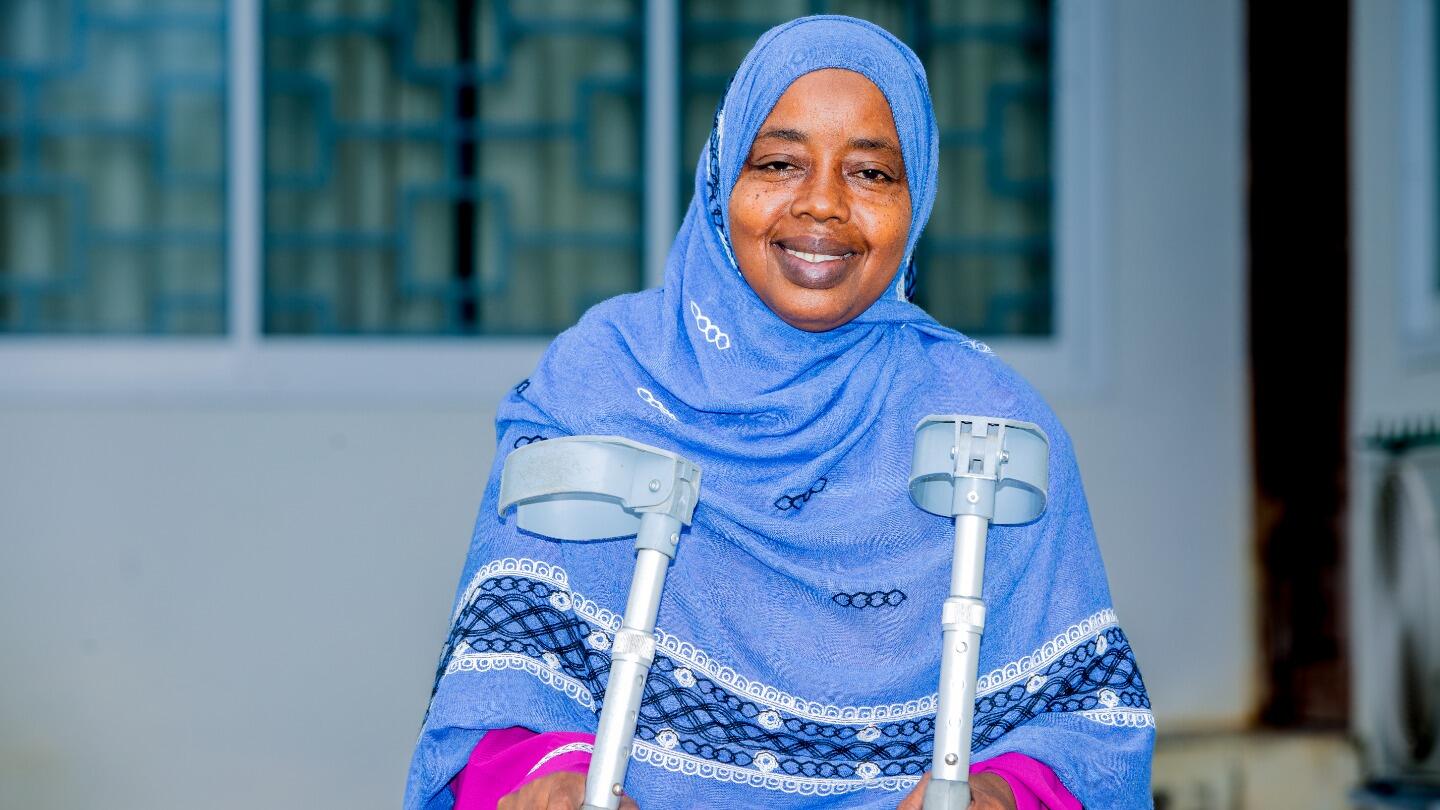Morogoro, Tanzania – April 28, 2025 – Stakeholders from government institutions, organizations of persons with disabilities (OPDs), civil society organizations, and media gathered at Morena Hotel in Morogoro to kick off a three-day training aimed at strengthening care and support systems for community inclusion of persons with disabilities.
This initiative, supported by the Global Disability Fund, is jointly organized by UNDP and OHCHR in collaboration with UNFPA and UN Women. The training focuses on rethinking care from a human rights and gender-transformative perspective, with Day 1 laying the conceptual foundation for building inclusive care systems.
The energy in the room was electric—an inspiring blend of determination, shared purpose, and a deep understanding of what’s at stake. From the opening session, it was clear this was not just another training. It was a powerful convening of voices determined to reimagine care as a shared social responsibility, not a hidden burden shouldered silently by women, families, or persons with disabilities.
“This session reminded me how invisible care work often is, especially in our communities. Women and people with disabilities are expected to give, but rarely are their needs for rest, time, or support considered,” shared Fatma Musa from SHIJUWAZA. Her words resonated with many in the room who have seen, lived, or worked with the often-overlooked realities of caregiving.
Throughout the day, participants reflected on what care means in their lives and communities. They engaged in candid conversations about time poverty, financial hardship, and limited access to services—barriers that prevent millions from fully participating in society. The group unpacked the flaws of traditional care models and explored bold new approaches that center dignity, equality, and inclusion.
They discussed the “three pillars” of a stronger care and support system: time for care, cash for care, and quality service provision. These aren’t just policy tools—they’re life-changing commitments that recognize care as fundamental to human well-being and social progress.
“We cannot build inclusive communities without investing in care. It’s time we treated care work as a shared responsibility, not a personal sacrifice,” said John Bakari from the Prime Minister’s Office – Labour, Youth, Employment and Persons with Disabilities (PMOLYED). His words captured the urgency of the moment.
The training brought together representatives from both Mainland and Zanzibar, including key ministries such as Finance, Gender, and Regional Administration and Local Government (PORALG). Alongside them, OPDs like SHIVYAWATA, CHAVIZA, VODIWOTA, and SHIJUWAZA stood in solidarity, echoing the powerful message: “Nothing about us without us.”
Civil society groups such as TAMWA and TGNP, together with media professionals, committed to pushing forward the care agenda in every village, district, and headline—ensuring that care is not only recognized, but respected and resourced.
The first day ended not with closure, but with momentum. A sense that something important had begun. That a shift was taking place—not only in policy, but in perspective. As participants left the hall, they carried with them more than notes and handouts; they carried a shared responsibility to build systems that care for everyone, equally.
With two more days of intensive dialogue and strategy ahead, and a network of changemakers at the helm, the future of inclusive care in Tanzania looks promising. The seeds of transformation have been planted—and they are being nurtured by those who believe that dignity, equality, and inclusion are not just ideals, but necessities.
The care revolution has begun. And it starts with listening, including, and valuing everyone.
Media Inquiries:
Dr. Warren Bright,
UNFPA Communications Analyst,
United Republic of Tanzania
Mobile: +255 764 43 44 45
Email: bwarren@unfpa.org


